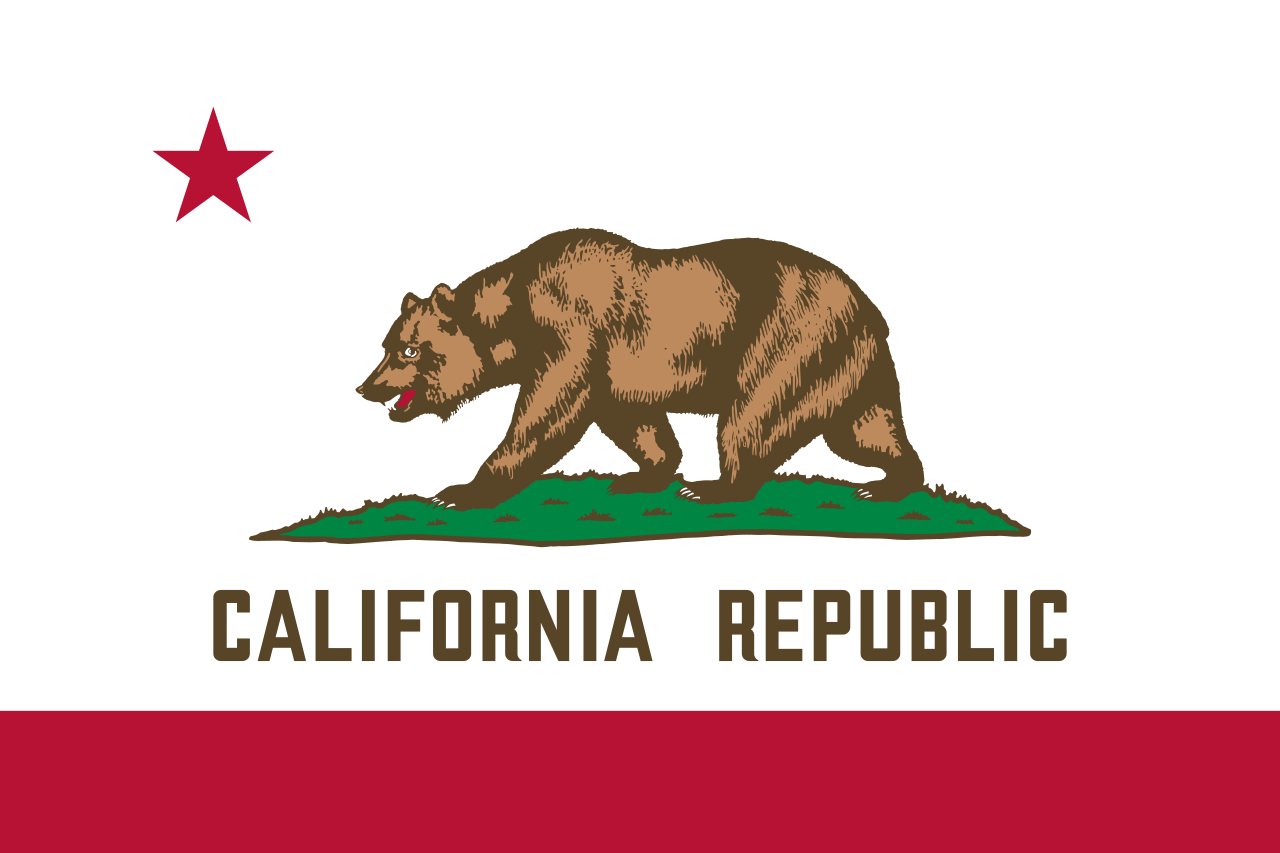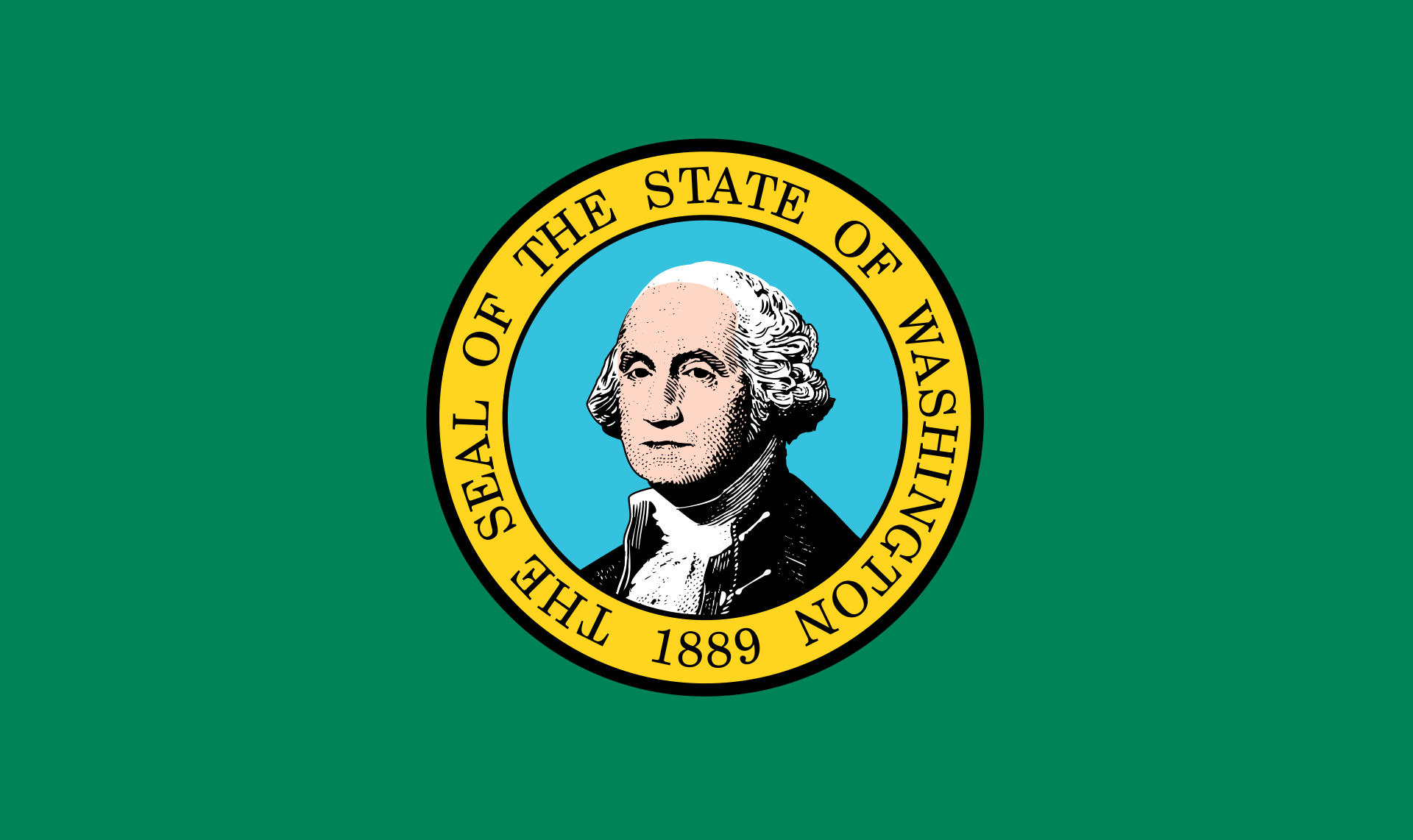
漢德百科全書 | 汉德百科全书
 California-CA
California-CA

 American Public Colleges & Universities
American Public Colleges & Universities
 Breakthrough Prize
Breakthrough Prize
 Fundamental Physics Breakthrough Prize
Fundamental Physics Breakthrough Prize
 Breakthrough Prize
Breakthrough Prize
 New Horizons in Physics Prize
New Horizons in Physics Prize

 California-CA
California-CA
 Nobel prize
Nobel prize
 Nobel prize
Nobel prize
 Nobel Prize in Chemistry
Nobel Prize in Chemistry
 Nobel prize
Nobel prize
 Nobel Prize in Physics
Nobel Prize in Physics
 Nobel prize
Nobel prize
 Nobel Prize in Physiology or Medicine
Nobel Prize in Physiology or Medicine
 Nobel prize
Nobel prize
 Nobel Memorial Prize in Economic Sciences
Nobel Memorial Prize in Economic Sciences
 Nobel prize
Nobel prize
 University/Institute
University/Institute

 Universities in the USA
Universities in the USA





 American Public Colleges & Universities
American Public Colleges & Universities

 California-CA
California-CA
 Public Ivy
Public Ivy

 Universities in the USA
Universities in the USA

 Science and technology
Science and technology
 Global Innovators
Global Innovators

 Science and technology
Science and technology
 *World famous research institutions
*World famous research institutions




Kalifornien (englisch [kælɪˈfɔɹnjə] und spanisch California [kaliˈfoɾnja]) ist der flächenmäßig drittgrößte und mit Abstand bevölkerungsreichste Bundesstaat der Vereinigten Staaten von Amerika. Er liegt im Westen des Landes und grenzt an den Pazifischen Ozean, die Bundesstaaten Oregon, Nevada und Arizona sowie den mexikanischen Bundesstaat Baja California auf der gleichnamigen Halbinsel. Der offizielle Beiname Kaliforniens lautet Golden State (Goldener Staat).
Die Herkunft des Namens California ist umstritten. Einer bekannten Hypothese nach existierte der Name bereits vor der Entdeckung in der europäischen Literatur. 1510 veröffentlichte der Spanier Garci Rodríguez de Montalvo einen Roman, in dem eine Insel voller Gold namens Kalifornien vorkommt, bewohnt von wunderschönen Amazonen, die von der Königin Califia beherrscht werden. Als Hernán Cortés’ Soldaten 1535 nach Baja California kamen, glaubten sie, es sei eine Insel, und benannten sie nach Montalvos Buch.[2]
Der eingedeutschte Name Kalifornien hat sich als einziger bis heute im Sprachgebrauch erhalten. Andere eingedeutschte Ortsbezeichnungen wie Neuyork, Virginien oder Pennsylvanien sind heute unüblich, wurden aber bis in die 1960er Jahre verwendet.
Kalifornien selbst ist Namensgeber für das chemische Element Californium, das dort 1950 entdeckt wurde.
加利福尼亚州(英语:State of California),简称加州,是美国西部太平洋沿岸的一个州。面积位列美国第三;人口为3,930万,位列美国各州第一。州首府是萨克拉门托。在地理、地貌、物产、人口构成方面都具有多样化的特点。加州有一别名叫做“金州”(The Golden State),邮政缩写是CA,此外尚有英文昵称为Cali。州内的大洛杉矶地区及旧金山湾区分别为美国第二及第五大都会区,人口分别为1,870万及880万人[5]。洛杉矶为全州最大城市,且为美国第二大城市,仅次于纽约。洛杉矶县为美国人口最多的县;圣贝纳迪诺县为美国面积最大的县。
加利福尼亚州生产总额达2.67兆美元,居美国各州第一位[6]。如将加利福尼亚州当作独立个体看待,其位居世界第五大经济体[7],人口居世界第36位[8]。大洛杉矶地区及旧金山湾区为美国第二及第三大都会区经济体[9]。旧金山湾区为美国人均生产总额最高的地区[10],世界市值前十大公司有4家总部位于此地区[11],世界前十大富豪有4位亦居住于此地区[12]。
加利福尼亚(California)最初指的是由墨西哥的下加利福尼亚半岛和今天美国的加利福尼亚州一同组成的这块地域。这个名字被认为来自于一部16世纪西班牙文骑士传奇小说《骑士蒂朗》(高卢的阿马德乌斯,Amadís de Gaula)中所描绘的一片传说名为“卡拉菲亚”的乐土。这部小说由马托雷尔·加尔巴(Garci Rodríguez de Montalvo)所撰写。书中的“卡拉菲亚”与世隔绝,遍地黄金,到处都是居住在洞穴里热爱自由的亚马逊人和古怪的野兽。
有人也提出“加利福尼亚”一词可能来源于从北美南部炎热的地区。进入加州的早期西班牙探险者形容这片地区“热得像个烤炉”(cali→hot,“热”;fornus→forno→“oven”,结尾加ia来表示一个地方)或“是个石灰烤炉”(cal→lime,“石灰”),西班牙语经常这样使用拉丁词根来构造新词。因此“加利福尼亚”(California)可能出自西班牙语“caliente fornalia”,“热火炉”的意思;或来源于“calida fornax”,拉丁语“炎热的气候”之意。
此外还有来自当地语言“高高的山脉”等其他说法。
另外,别名“金州”(Golden State)常使人以为源自19世纪中叶淘金潮。事实上是来自此州中部山丘的春草于秋天枯萎时,从远方看来有如遍地金色而得名[来源请求]。此外,因地域版图呈南北狭长走向,习惯上可分为北加州、南加州等至少两个区的说法。
カリフォルニア州(カリフォルニアしゅう、英: State of California、西: Estado de California、中:加利福尼亚州、加州)は、アメリカ合衆国西部、太平洋岸の州。アメリカ西海岸の大部分を占める。州都はサクラメント。アメリカ合衆国の州のうちでは最大の人口を誇り[1]、アメリカ大統領選の選挙人数も最多である。ブラジルのサンパウロ州に続いて南北アメリカ大陸で2番目に人口の多い行政区画で、大都市は人口の多いものからロサンゼルス、サンディエゴ、サンノゼ、サンフランシスコとなっている[2]。州内には全国で2位(ロサンゼルス)と6位(サンフランシスコ・ベイエリア)の都市圏があり、人口の多い都市50傑には8つの市が入っている。
ワシントン州、オレゴン州と共にリベラルな気風で、保守的な中西部に対して「レッドウッド・カーテンの向こう側」と称される。
かつて日本では漢字で「加利福尼亜」と表記されることもあったが、現在ではあまり用いられない。この略である「加州」は、新聞の見出しのような字数制限のある場合など、現在でも用いられることがある。なお、「州」がない「加」一文字は、カリフォルニア州ではなく「カナダ(加拿大)」の略称である。
カリフォルニア州は多様な気候と地形があり、また多くの民族が住んでいる。合衆国の州のうちで面積ではアラスカ州とテキサス州に次いで3番目である[3]。北はオレゴン州、北東はネバダ州、南東はアリゾナ州に接し、南はメキシコのバハ・カリフォルニア州に接している。地理的には太平洋岸から東のシエラネバダ山脈まで、南東はモハーヴェ砂漠、北西にはセコイアやベイマツの森林がある。州の中央には世界でも最高水準の生産性の高さを誇る農業地帯、セントラル・バレーがある。アメリカ合衆国本土では最高の標高地点(ホイットニー山)と最低の地点(デスバレー)がある。面積のおよそ40%は森林であり[4]、比較的乾燥した地域としては森林が多い。
18世紀の後半からアルタ・カリフォルニアと呼ばれた地域はスペイン帝国の植民地となった。1821年にアルタ・カリフォルニアを含みメキシコが第一メキシコ帝国となって帝政を布いた後に共和国に変わった。1846年、ソノマにいたアメリカ人開拓者の集団がカリフォルニア共和国の独立を宣言した。その直後の米墨戦争の結果、メキシコはカリフォルニアをアメリカ合衆国に割譲した。カリフォルニアは1850年9月9日にアメリカ合衆国第31番目の州となった。
19世紀半ば、カリフォルニア・ゴールドラッシュによって、カリフォルニアでは社会、経済および人口に劇的な変化が起こった。人々が流入し好景気が訪れたことでサンフランシスコはテントの集まった小村から世界にも知られたブームの町に成長した。20世紀初期の重要な発展としては娯楽産業の中心としてのロサンゼルスの勃興と巨大な州全体に広がる観光産業があった。豊かな農業に加えて航空宇宙産業、石油産業および情報技術が経済発展に貢献した。
カリフォルニア州が1つの国であるとすれば、GDPではイタリアに匹敵する第10位である。人口でも第35位、国土では第59位になる。
カリフォルニア州では一部地域の分離・独立の試みが繰り返し行われており、1800年代から2011年までに少なくとも27回が失敗に終わっている[5]。
California is a state in the Pacific Region of the United States. With 39.5 million residents across a total area of about 163,696 square miles (423,970 km2), California is the most populous U.S. state and the third-largest by area, and is also the world's thirty-fourth most populous subnational entity. California is also the most populated subnational entity in North America, and has its state capital in Sacramento. The Greater Los Angeles area and the San Francisco Bay Area are the nation's second- and fifth-most populous urban regions, with 18.7 million and 9.7 million residents respectively.[14] Los Angeles is California's most populous city, and the country's second-most populous, after New York City. California also has the nation's most populous county, Los Angeles County, and its largest county by area, San Bernardino County. The City and County of San Francisco is both the country's second most densely populated major city after New York City and the fifth most densely populated county, behind only four of the five New York City boroughs.
California's economy, with a gross state product of $3.0 trillion, is the largest sub-national economy in the world.[15] If it were a country, California would be the fifth-largest economy in the world,[16] and the 37th-most populous as of 2020.[17] The Greater Los Angeles area and the San Francisco Bay Area are the nation's second – and third-largest urban economies ($1.3 trillion and $1.0 trillion respectively as of 2020), after the New York metropolitan area ($2.0 trillion).[18] The San Francisco Bay Area Combined Statistical Area had the nation's highest gross domestic product per capita in 2018 ($106,757) among large primary statistical areas,[19] and is home to four of the world's ten largest companies by market capitalization[20] and four of the world's ten richest people.[21]
California is considered a global trendsetter in popular culture, communication, information, innovation, environmentalism, economics, politics, and entertainment. As a result of the state's diversity and migration, California integrates foods, languages, and traditions from other areas across the country and around the globe. It is considered the origin of the American film industry, the hippie counterculture, fast food, beach and car culture, the Internet,[22] and the personal computer,[23] among others.[24][25] The San Francisco Bay Area and the Greater Los Angeles Area are widely seen as centers of the global technology and entertainment industries, respectively. California's economy is very diverse: 58% of it is based on finance, government, real estate services, technology, and professional, scientific, and technical business services.[26] Although it accounts for only 1.5% of the state's economy,[26] California's agriculture industry has the highest output of any U.S. state.[27][28][29]
California shares a border with Oregon to the north, Nevada and Arizona to the east, and the Mexican state of Baja California to the south. The state's diverse geography ranges from the Pacific Coast in the west to the Sierra Nevada mountain range in the east, and from the redwood and Douglas fir forests in the northwest to the Mojave Desert in the southeast. The Central Valley, a major agricultural area, dominates the state's center. Although California is well-known for its warm Mediterranean climate and monsoon seasonal weather, the large size of the state results in climates that vary from moist temperate rainforest in the north to arid desert in the interior, as well as snowy alpine in the mountains. All these factors lead to an enormous demand for water; in total numbers, California is the largest consumer of water in North America. Over time, drought and wildfires have become more frequent; further straining California's water security.[30][31]
What is now California was first settled by various Native Californian tribes before being explored by a number of Europeans during the 16th and 17th centuries. The Spanish Empire then claimed and colonized it. In 1804 it was included in Alta California province, within the Viceroyalty of New Spain. The area became a part of Mexico in 1821 following its successful war for independence but was ceded to the United States in 1848 after the Mexican–American War. The western portion of Alta California was then organized and admitted as the 31st state on September 9, 1850. The California Gold Rush starting in 1848 led to dramatic social and demographic changes, with large-scale emigration from the east and abroad with an accompanying economic boom.
La Californie (en anglais et espagnol : California) est un État des États-Unis qui fait partie de la région de la Sun Belt dans l’Ouest américain. La Californie est l'État le plus peuplé du pays. Il est situé sur la côte ouest et bordé au sud par le désert de Sonora, à l'est par le Grand Bassin des États-Unis et au nord par les monts Klamath. La façade océanique suit entièrement le relief des chaînes côtières du Pacifique au-delà desquelles s'étend la Vallée Centrale sur les contreforts de la Sierra Nevada.
L'exploration européenne commence au XVIe siècle ; la Californie est alors occupée par diverses tribus nord-amérindiennes. Le territoire est progressivement intégré à la Nouvelle-Espagne, puis rattaché au Mexique indépendant en 1821. Dans l'élan de la guerre américano-mexicaine, la République de Californie (appelée aussi « République du drapeau à l'ours ») proclame son indépendance le 14 juin 1846, interdit l'esclavage et se dote d'une Constitution en 1849, puis adhère à l'Union américaine le 9 septembre 1850. La ruée vers l'or transforme profondément l'État, faisant de la Californie le symbole du « rêve américain », la population de San Francisco augmentant alors de manière exponentielle. Dans les années 1920, la population de Los Angeles dépasse en nombre celle de San Francisco grâce à l'effet conjugué du développement de l'agriculture, de la découverte de pétrole et de l'ouverture du canal de Panama. À partir des années 1980, la Silicon Valley au sud de San Francisco devient le premier pôle mondial des hautes technologies2.
Aujourd'hui, la Californie compte près de 40 millions d’habitants3, ce qui représente un Américain sur huit. En 2013, les métropoles les plus peuplées de l'État sont le Grand Los Angeles (18,4 millions d'habitants), capitale mondiale du cinéma, la région de la baie de San Francisco (8,5 millions d'habitants), capitale mondiale de la haute technologie, San Diego (3,2 millions d'habitants), grand centre militaire, médical et pharmacologique, Sacramento (2,5 millions d'habitants), capitale de l'État, et Fresno (1,1 million d'habitants), capitale agricole de l'État au cœur la vallée de San Joaquin. Son économie est dynamique et puissante, il s'agit en effet du premier État des États-Unis en termes de produit intérieur brut (PIB). L'innovation est l'atout majeur californien et se traduit par la présence de centres de recherche, d’universités prestigieusesN 1 et de pôles de techniques de pointe. La Californie à elle seule représente un quart de la totalité des brevets déposés aux États-Unis4. La Californie est également devenue le premier État des États-Unis pourvoyeur d'emploi industriel5 devançant ainsi les États de la « Rust Belt » frappés par le déclin de l'industrie lourde. Le secteur de la culture a acquis une renommée mondiale grâce notamment à l'industrie cinématographique de Hollywood et la production musicale.
La California (/kaliˈfɔrnja/, in spagnolo [kaliˈfoɾnja]; in inglese , [ˌkæɫɪˈfɔɹnjə]) è uno stato federato degli Stati Uniti d'America situato nel sud della West Coast, affacciato sull'oceano Pacifico, che occupa una parte dell'omonima regione geografica (la Bassa California appartiene al Messico). È il più popoloso stato degli Stati Uniti, il terzo per superficie ed è variegato sia per geografia fisica sia da un punto di vista demografico. La California meridionale è densamente popolata, mentre quella settentrionale lo è di meno. La grande maggioranza della popolazione vive entro 80 km di distanza dall'oceano Pacifico. La sua abbreviazione postale è CA.
California es uno de los cincuenta estados que, junto con Washington D. C., forman los Estados Unidos de América. Su capital es Sacramento, y su ciudad más poblada, Los Ángeles. Está ubicado en la región oeste del país, división Pacífico, limitando al norte con Oregón, al este con Nevada, al sureste con el río Colorado que lo separa de Arizona, al sur con Baja California (México) y al oeste con el océano Pacífico. Con 37 253 956 habitantes en 2010 es el estado más poblado y con 423 970 km², el tercero más extenso, por detrás de Alaska y Texas. Fue admitido en la Unión el 9 de septiembre de 1850 como el estado número 31.
Además, cuenta con las segunda y quinta áreas más pobladas de la nación, el Gran Los Ángeles y el Área de la Bahía de San Francisco y ocho de las ciudades más pobladas del país: Los Ángeles, San Diego, San José, San Francisco, Fresno, Sacramento, Long Beach y Oakland.
La zona estuvo poblada desde hace milenios por los nativos americanos antes de las primeras expediciones europeas en el siglo XVI. Estos pobladores se repartían en 105 pueblos indígenas americanos que hablaban los idiomas de seis familias lingüísticas diferentes.4 La Corona española integro las áreas de la costa del territorio en 1769 antes de que este pasara a formar parte de México tras la Guerra de la Independencia de México (1810-1821). California fue parte del territorio mexicano hasta la guerra entre México y los Estados Unidos de 1846-1848. Al término de la guerra y como condición para la paz, la República Mexicana fue obligada a ceder el territorio a los Estados Unidos en el Tratado de Guadalupe Hidalgo. La Fiebre del Oro en el período 1848-1849 provocó una inmigración de 90 000 estadounidenses procedentes del resto del país. Finalmente, California se convirtió en el trigésimo primer Estado de Estados Unidos en 1850.
Si California fuera una nación independiente, sería la quinta economía del mundo, con un producto interior bruto (PIB) de alrededor de 2,4 billones de dólares (datos de 2014) lo que representa el 12,4 % del PIB de Estados Unidos, que asciende a un total de 19,3 billones de dólares. Las principales actividades económicas del estado son la agricultura, el ocio, la energía eléctrica y el turismo. En California se localizan algunas de las ciudades económicas más importantes del mundo, tales como Los Ángeles (entretenimiento, ocio), el Valle Central (agricultura), Silicon Valley (informática y alta tecnología) y el Valle de Napa (vino).
Калифо́рния[1][2] (англ. California, произносится [kælɨˈfɔrnjə] ![]() слушать) — штат[3] США, расположенный на западном побережье страны, на берегу Тихого океана. Граничит с американскими штатами Орегон (на севере), Невада (на востоке) и Аризона (на юго-востоке), а также с мексиканским штатом Нижняя Калифорния (на юге). Калифорния — 31-й штат США, он был образован 9 сентября 1850 года. До этого Калифорния в разное время находилась под властью Испании и Мексики.
слушать) — штат[3] США, расположенный на западном побережье страны, на берегу Тихого океана. Граничит с американскими штатами Орегон (на севере), Невада (на востоке) и Аризона (на юго-востоке), а также с мексиканским штатом Нижняя Калифорния (на юге). Калифорния — 31-й штат США, он был образован 9 сентября 1850 года. До этого Калифорния в разное время находилась под властью Испании и Мексики.
Калифорния — самый населённый штат США (как по результатам переписи населения, так и по оценкам 2008 года[4]) и 3-й по площади (после Аляски и Техаса). Столица — Сакраменто, крупнейший город — Лос-Анджелес. Другие крупные города: Сан-Франциско, Сан-Диего, Сан-Хосе. Штат известен своим разнообразным климатом, пёстрым составом населения. Калифорния занимает 1-е место среди штатов США по объёму ВВП. Важнейшие отрасли экономики штата — информационные технологии,

Heimspielbetrieb Los Angeles Lakers (NBA, seit 1999) Los Angeles Clippers (NBA, seit 1999) Los Angeles Sparks (WNBA, seit 2001) Los Angeles Kings (NHL, seit 1999) Los Angeles Avengers (AFL, 2000–2009) Los Angeles D-Fenders (D-League, 2006–2010) Veranstaltungen Grammy Awards (2000–2017, 2019, 2020, 2022) Latin Grammy (2000) Democratic National Convention (2000) US-amerikanische Eiskunstlaufmeisterschaften 2002 WTA Tour Championships (2002–2005) NHL All-Star Game 2002 Pacific-12 Conference Men’s Basketball Championships (2002–2012) WWE Unforgiven 2002 Summer-X-Games (2003–2012, Hallenwettkämpfe) WWE Judgment Day 2004 NBA All-Star Game 2004 WrestleMania XXI (2005) Eiskunstlauf-Weltmeisterschaften 2009 WWE SummerSlam 2009, 2010, 2011, 2012, 2013, 2014 Trauerfeiern für Michael Jackson (2009) und Kobe Bryant (2020) NBA All-Star Game 2011 League of Legends World Championship 2013 League of Legends World Championship 2016 Olympische Sommerspiele 2028
 American Public Colleges & Universities
American Public Colleges & Universities

 Universities in the USA
Universities in the USA

 Science and technology
Science and technology
 *World famous research institutions
*World famous research institutions




 American Public Colleges & Universities
American Public Colleges & Universities

 California-CA
California-CA

 Medical, Pharmaceutical, Rehabilitation
Medical, Pharmaceutical, Rehabilitation
 Medical colleges/Research Institute
Medical colleges/Research Institute
 Nobel prize
Nobel prize
 Nobel prize
Nobel prize
 Nobel Prize in Chemistry
Nobel Prize in Chemistry
 Nobel prize
Nobel prize
 Nobel Peace Prize
Nobel Peace Prize
 Nobel prize
Nobel prize
 Nobel Prize in Literature
Nobel Prize in Literature
 Nobel prize
Nobel prize
 Nobel Prize in Physiology or Medicine
Nobel Prize in Physiology or Medicine
 Nobel prize
Nobel prize
 Nobel Memorial Prize in Economic Sciences
Nobel Memorial Prize in Economic Sciences
 Nobel prize
Nobel prize
 University/Institute
University/Institute
 Sinology
Sinology

 Universities in the USA
Universities in the USA


 American Public Colleges & Universities
American Public Colleges & Universities
 Nobel prize
Nobel prize
 Nobel Prize in Physics
Nobel Prize in Physics
 Nobel prize
Nobel prize
 Nobel Prize in Chemistry
Nobel Prize in Chemistry
 Nobel prize
Nobel prize
 University/Institute
University/Institute
 Public Ivy
Public Ivy

 Universities in the USA
Universities in the USA


 Transport and traffic
Transport and traffic
 Washington-WA
Washington-WA
 Architecture
Architecture
 Geography
Geography
 Sport
Sport